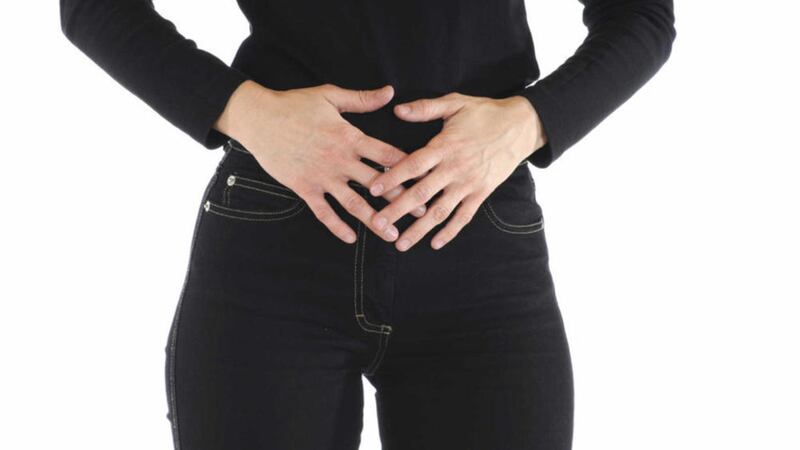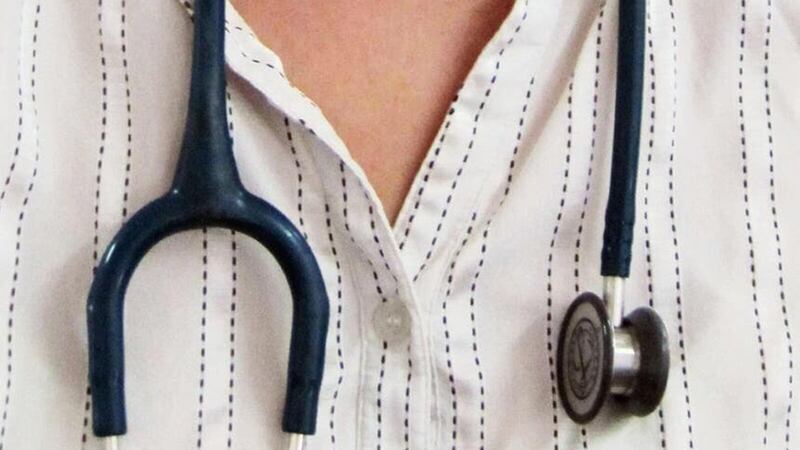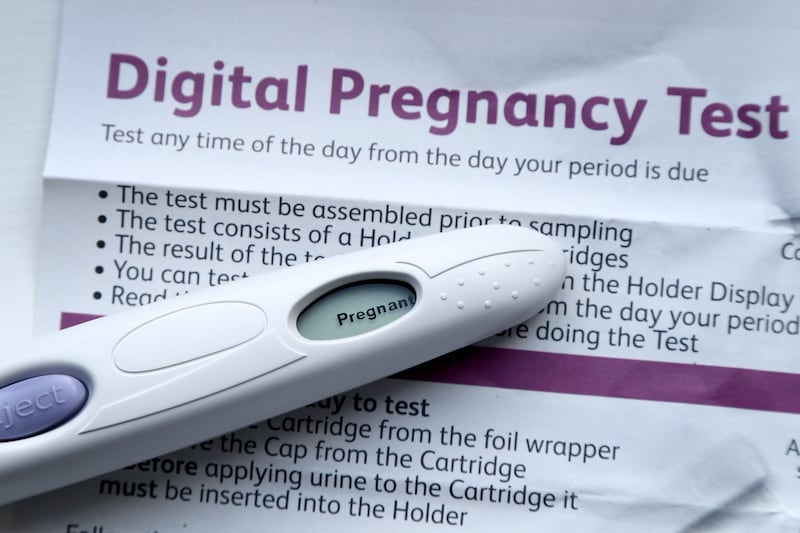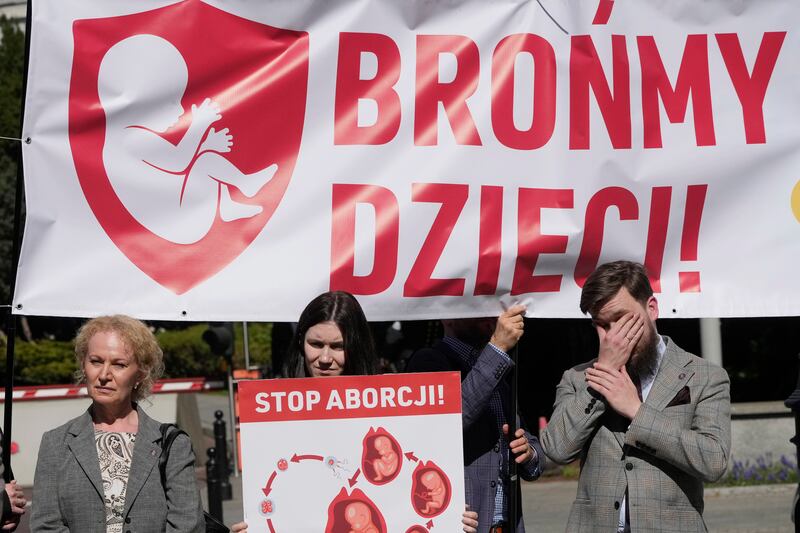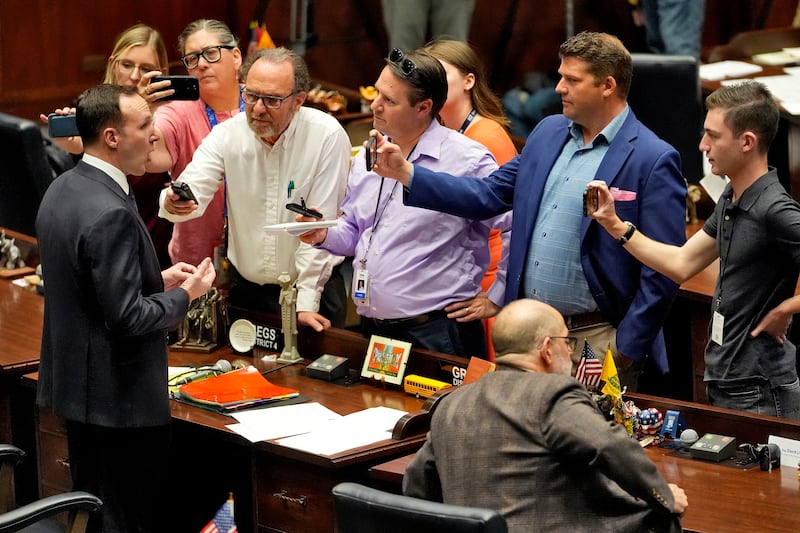ALMOST three quarters of people in the north are in favour of changes to the north's abortion laws, according to a new Amnesty International poll published on Tuesday.
The poll found that 72 per cent of respondents want abortion to be available in cases of rape and incest. Around 67 per cent of those surveyed supported abortion in cases of fatal foetal abnormality.
Abortion is banned in the north, except when a mother's life is at risk.
Amnesty said the poll found support for changes to abortion laws is "largely consistent across all age ranges, between women and men, across regions of Northern Ireland and whether people are from a Catholic or Protestant community background".
It said 68 per cent of people from a Catholic background and 72 per cent from a Protestant background support access to abortion in cases of rape or incest.
The survey comes as justice minister Claire Sugden and health minister Michelle O'Neill are examining a report on whether to allow abortion in cases of fatal foetal abnormality. The ministers received the report last week although its recommendations have not yet been made public.
Adrianne Peltz, Amnesty International’s Northern Ireland Campaigner, said the poll demonstrated "overwhelming demand for change to Northern Ireland’s draconian abortion laws".
"This is not a small margin of support for women’s access to abortion, it’s a definitive landslide. Northern Ireland has changed," she said.
She added: "If the law was changed in line with the overwhelming wishes of the public, we would no longer force women, who have been raped or been given a fatal diagnosis for their pregnancy, onto planes to England and away from their families and medical carers."
